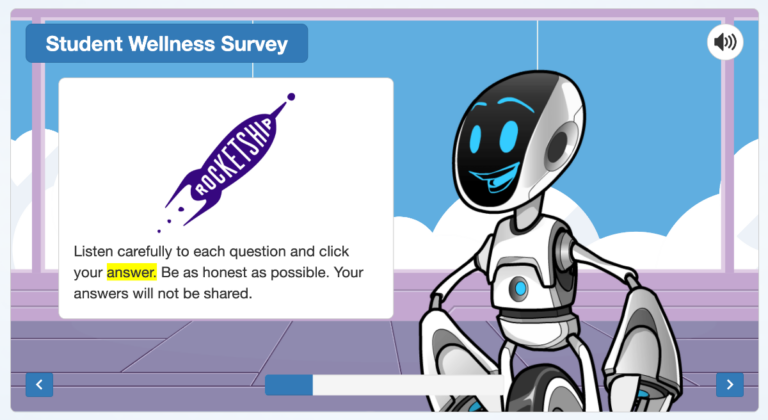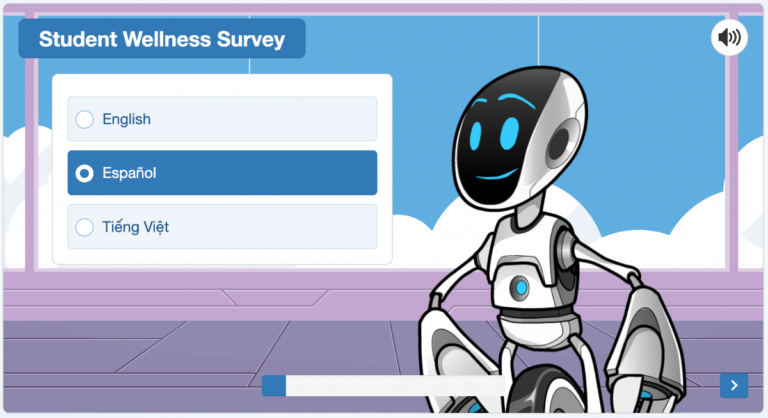Our Partners Rely on Quest

Quest Makes Research Possible
Every day, our partners at RAND, the Annie E. Casey Foundation, and Rocketship Public Schools DC (RPS DC), use Quest to reach people all over the United States.
Single Stop U.S.A. and RAND
As low-income college students face growing financial strains, Single Stop U.S.A. has worked tirelessly to assist community college students with applications to public benefit programs and wraparound services. To understand the effectiveness of these resources, Single Stop U.S.A. partnered with RAND and 3C Institute.
The result? A two-year study that used some of Quest’s most powerful features:
- Branching to determine respondents’ eligibility
- Branching to sort respondents by group
- Messaging to notify respondents about progress and compensation—the follow-up reached 6,000+ respondents!
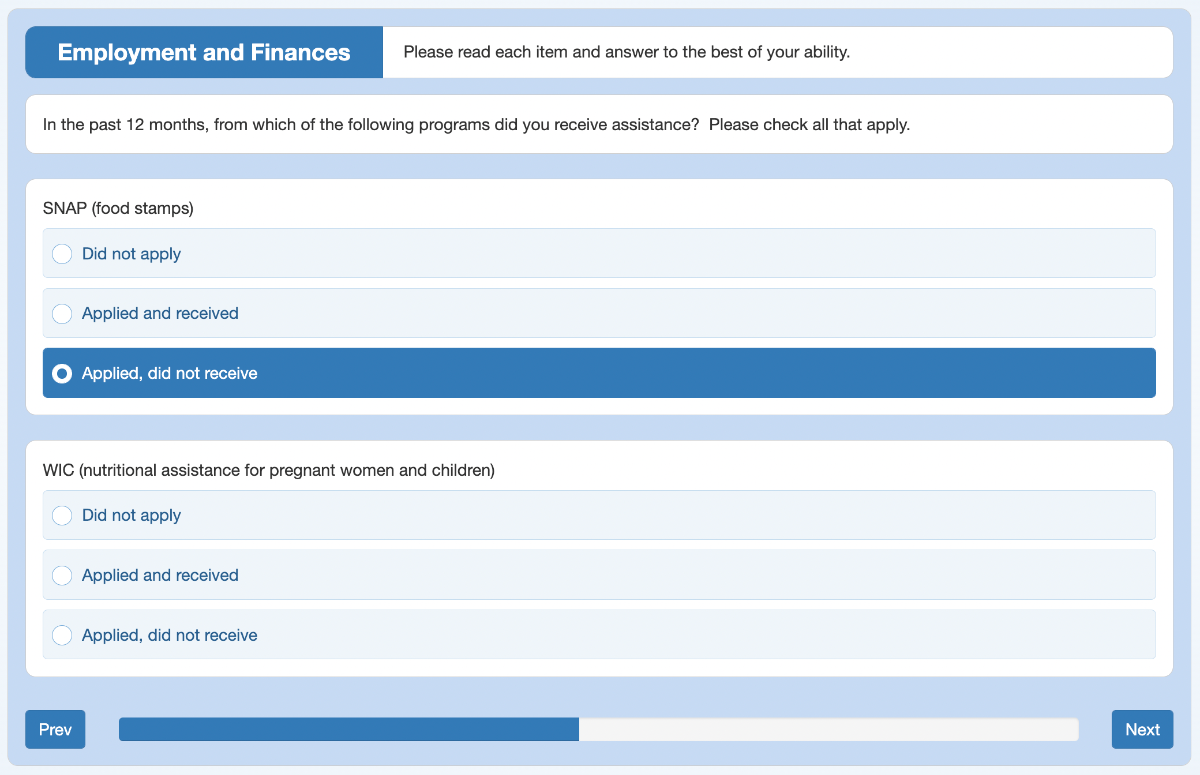
Build Surveys
Design like a pro with seamless branching and an intuitive survey builder.
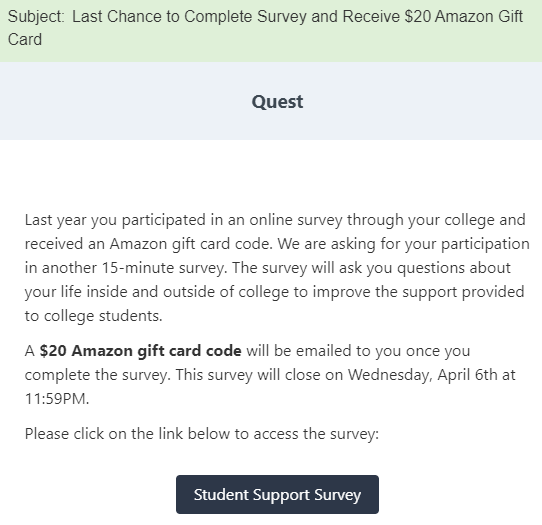
Drive Responses
Create timepoint notifications, follow-ups, and other messages to drive responses.
Annie E. Casey Foundation
Communities and government agencies use data to understand students’ well-being, including their risk factors and protective factors. But paper-and-pencil surveys are slow and impractical when compared to electronic surveys.
To streamline the data collection process, the Annie E. Casey Foundation worked with 3C Institute to redesign the Youth Experience Survey. The survey is a part of a selection of online tools that the Foundation will offer through its Evidence2Success initiative, which provides a framework for communities and public systems to improve the well-being of children and youths.
With Quest, this important data collection is made simple. The surveys include graphics and interactive elements to keep young survey takers engaged, leading to higher response rates. An online tool kit of resources is scheduled for release on the Foundation’s website in the spring of 2023.
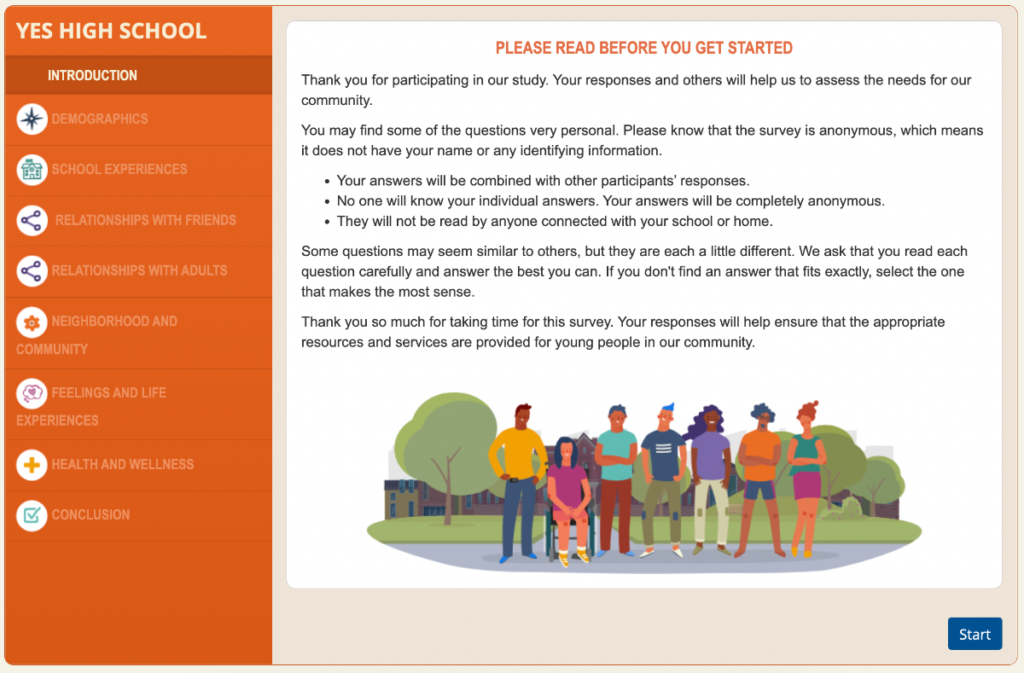
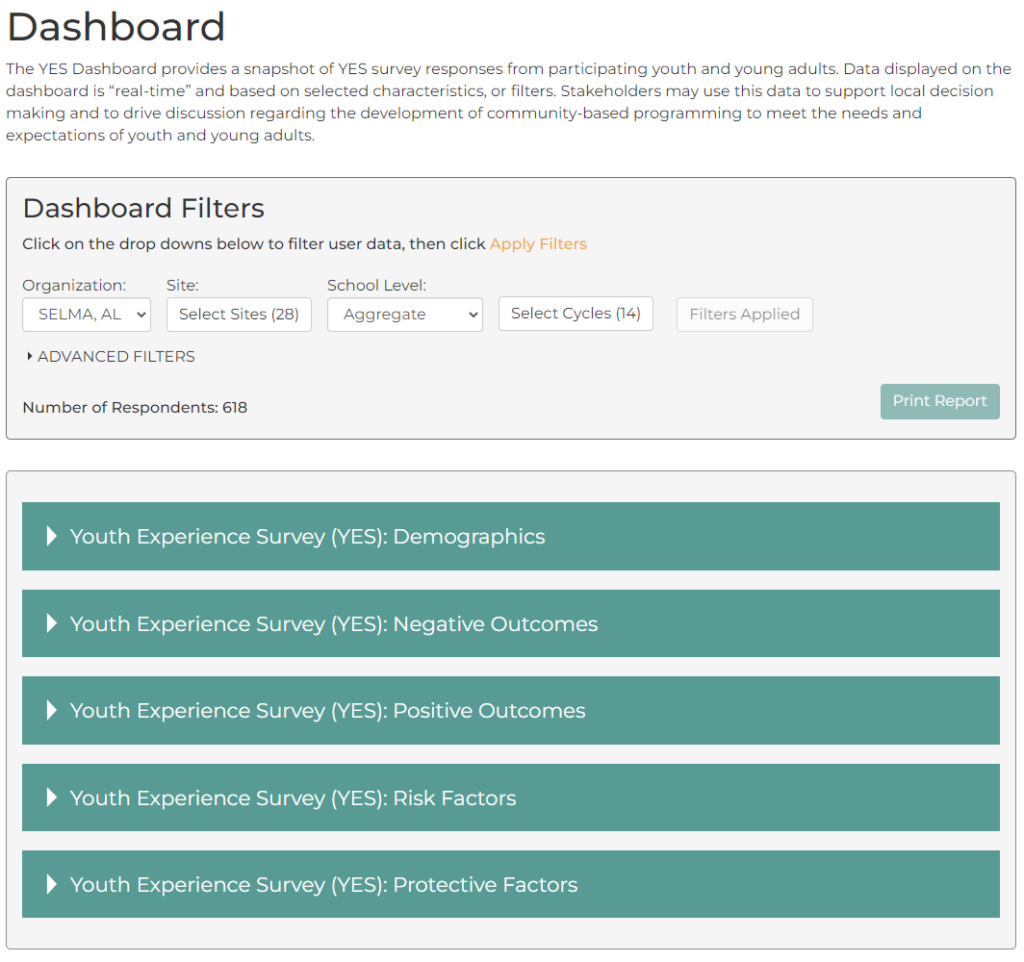
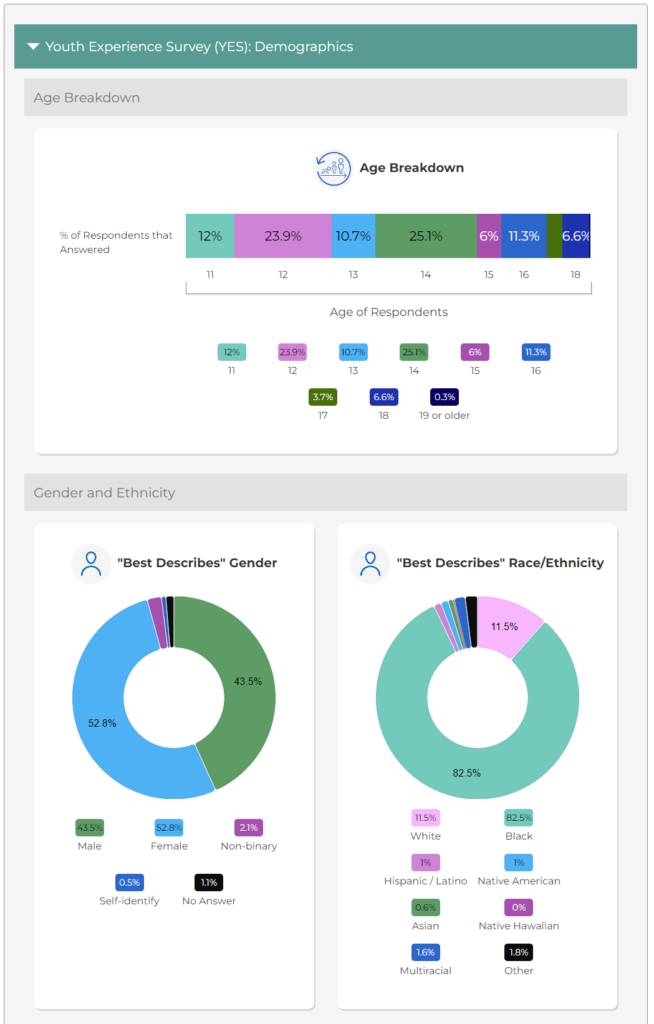
Rocketship Public Schools DC
At RPS DC, students’ social-emotional well-being is a top priority. RPS DC understood that accurately surveying up to 1,400 children would be difficult.
To meet that challenge, RPS DC asked 3C Institute to design and deploy a child-friendly survey appropriate for all levels of literacy. Quest made it possible.
Bringing together the latest developmental accommodations, an engaging character assistant, and robust data collection, RPS DC’s Quest has gathered student data each fall and spring since 2021.
